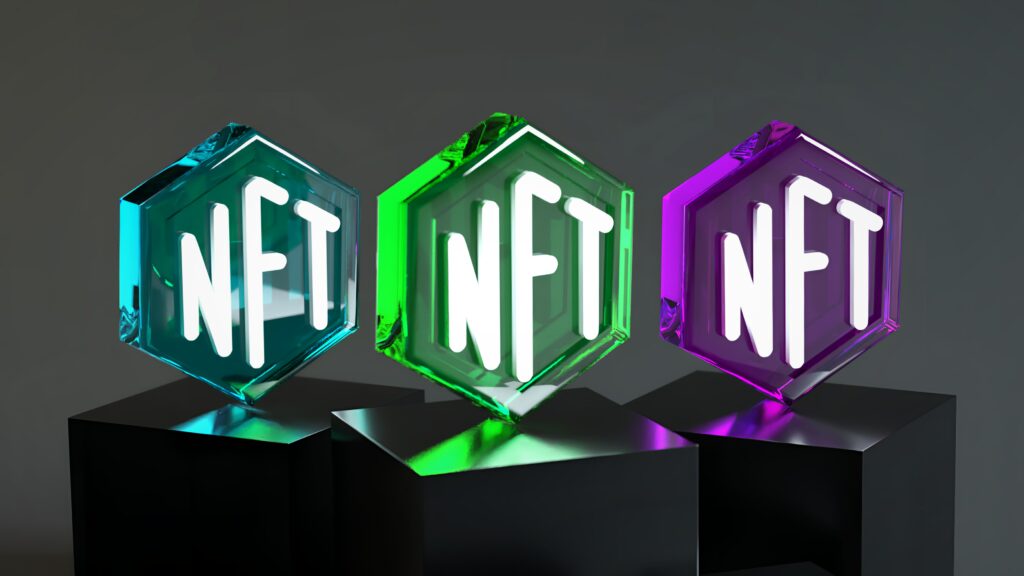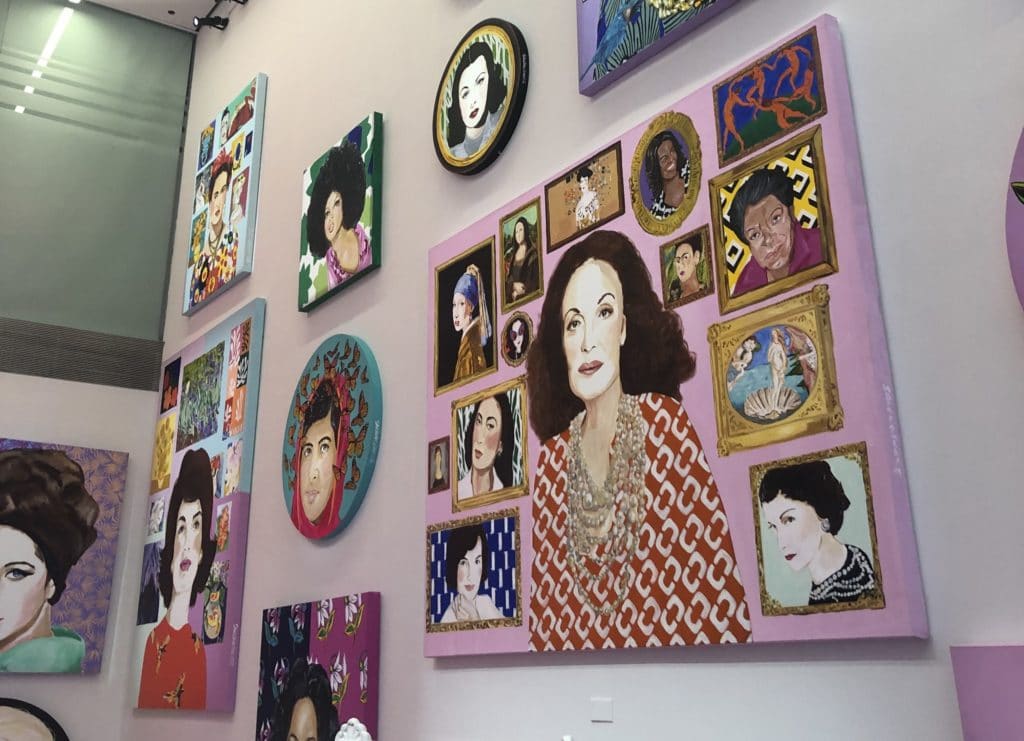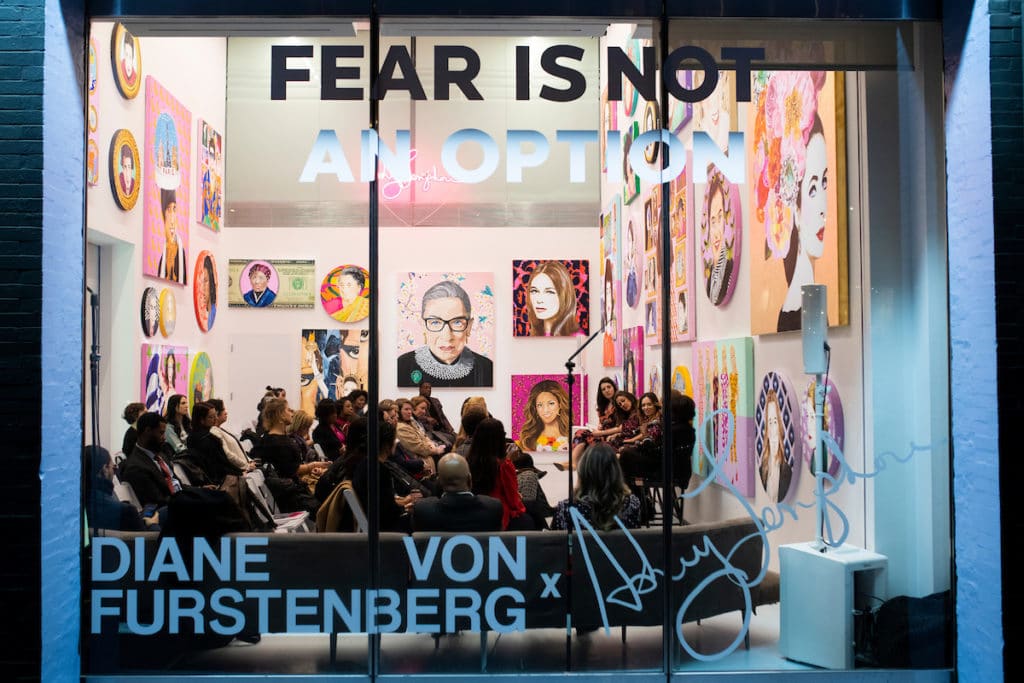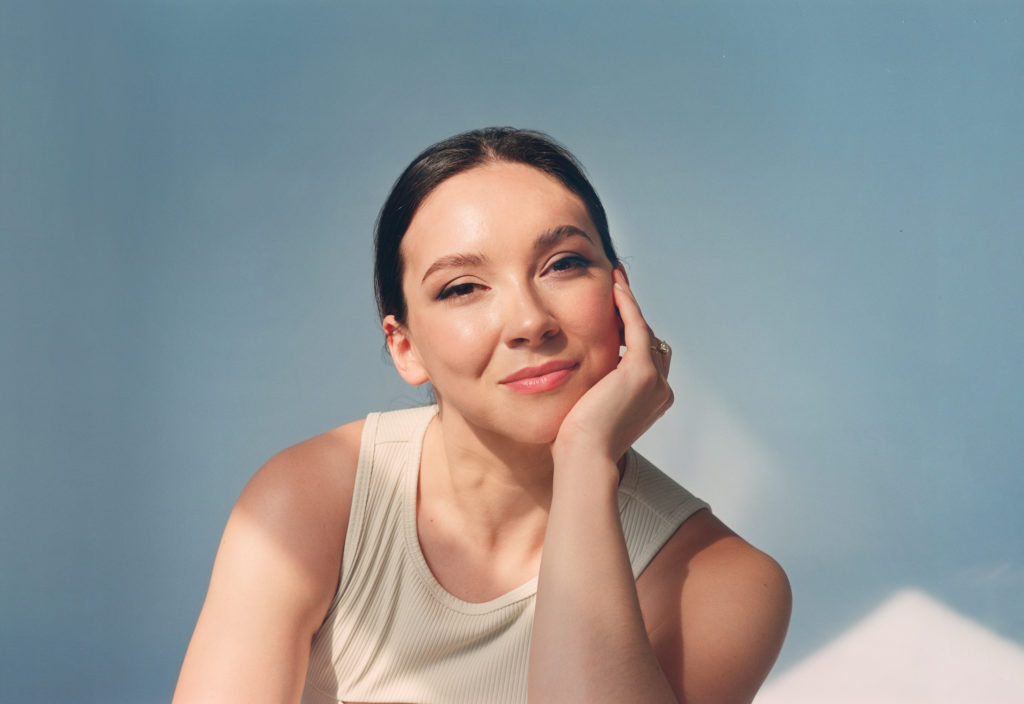The role of NFTs in the future of business

NFTs started grabbing mainstream attention when Mike Winkelmann, aka artist Beeple sold his “Everydays: The First 5000 Days” digital artwork for $69M in partnership with Christies. While mainstream media tends to automatically associate non-fungible tokens (NFTs) with digital art, advocates see applications in every corner of the business world. Brands are using NFTs to engage directly with their fans and customers, building exclusive custom content, and the trade volume growth is undeniable. The business of NFTs was valued at $24.9 billion in 2021, according to DappRadar, up from $95 million in 2020.
Skeptics are a world away (perhaps, even several metaverses) from recognizing the digital value. Take Bill Gates, for instance. He recently slammed NFTs at this year’s TechCrunch Conference, asserting that digital asset trends are “100% based on greater fool theory,” referencing the notion that investors can make money on worthless or overvalued assets as long as people are willing to bid them higher.
But advocates like Flyfish Club (FFC), a member’s only private dining club slated to open in 2023, are building businesses around NFTs. Membership is purchased on the blockchain as an NFT and owned by the token-holder to gain access to restaurants and culinary experiences. Following a small pre-sale in December, memberships sold out in less than a minute, raising an initial $14 million.
…you can put, for example, degrees or diplomas on Blockchain and after you have graduated, you would get your NFT… that is a proof that you have completed that degree and it cannot be faked…
– Iris ten Teije
So how do innovative professionals leverage this new technology in their businesses?
In the second part of our emerging tech series, MBAchic sat down with CEO and Co-Founder of Koia Iris ten Teije from across the pond to get her professional take on NFTs, building a brand as a female CEO in this emerging tech space, and perspective for those breaking into the business. Based in London, Teije says three emerging NFT applications to watch out for globally are in supply chain management, community building, and metaverse integrations, particularly within the fashion industry.
VIDEO TRANSCRIPTION
“It has to fit your use case if you are just following the hype it’s probably not going to work long-term so for us it was really about oh, NFTs, that really fits our use case so well this technology is 10 times better than the old technology just because of what we wanted to achieve in our company.”
“So it is not always about digital art and speculation even though those have been the first use cases we have seen. Also, when it comes to the metaverse, just to take a step back, what is the metaverse? The metaverse is the next iteration I would say of the Internet using augmented reality, virtual reality, to create a more immersive experience, an experience that resembles the real world more than the Internet does today. What is the place of NFTs there? Because NFTs represent digital ownership and proof of ownership what would happen is you can prove that you owned specific objects or you can wear digital collectibles, a watch or sneakers in the metaverse. However, I wouldn’t say NFTs in the metaverse always interlink there are also uses of NFTs that have nothing to do with the metaverse so for example, if you are using the NFT as a proof of ownership of a physical asset there is not necessarily metaverse link or if you are using NFTs to track an asset to supply chain it doesn’t necessarily need to link to the metaverse.”
“There is no right or wrong because you can also argue why is a luxury watch priced at a specific price point whereas there are other watches that may be as good from a functional perspective that are 100 times less the price similar to any sort of luxury good, so in any case everything in this world is about perception and perceived value that’s the first thing. However, even if you accept that I understand you could still be skeptical of NFTs that are purely speculative, but dare I say there are a lot of other use cases that I think are interesting that I think we are going to see a lot more of in the next couple of years, it is just that these early cases were very much around digital art, speculation.”
“It’s all about opening up access to alternative assets collectible assets that aren’t normally out of reach for most people so let’s say a painting that is $1 million for a watch that is $50,000 which is normally out of reach but because of NFTs and fractionization we are able to open up access two more people just because we can lower those minimums so it’s not really about we have to use NFTs, it’s that NFTs enable us, they are great technology so we can do what we want to do. In terms of education there are a couple of uses one of them would be around digital proof you can put for example, degrees or diplomas on Blockchain and after you have graduated you would get your NFT that is a proof that you have completed that degree and it cannot be faked which is of course always a problem with fraud with Blockchain everything is traceable there is a lot of interesting use cases, of course it is going to take a lot of time to get there because a lot of people would have to be on board in order for this to be recognized but we are seeing this starting to happen. We are seeing universities starting to get on board also instead of putting entire degrees on chain there are some universities with professors that are giving the top students an NFT or a so-called POAP, which is a proof of attendance.”
“Unfortunately it is not just this space it is generally tech. So, I am based in London, in the UK only 2% of all VC funding is going to all female teams. So that is a problem across-the-board, probably even worse when we are looking at crypto, in fintech why is that? There are a couple of reasons, I mean when you are looking at fintech you are combining finance and technology which are already two male driven industries. People consider crypto to be a more risky industry. It’s new as well and I think a lot of women, you may be familiar with this study, that if women read a job ad they feel that they need to meet all of the requirements. I would say if you go into the space of NFTs and crypto you will always feel that you do not know everything but you can’t. You will always feel that you do not have enough experience but in a sense no one has a ton of experience in this area because it is very new but perhaps that would make women feel more uncomfortable because especially when you’re starting your own company, you want to feel you have lots of experience whereas in the space you just have to be comfortable with the unknown trust yourself that you can rely on your previous experience even if it is not in the same industry because your male counterparts do not have 10 years of crypto or NFT experience either.”
“I have unfortunately seen people obviously giving up and I think one of the reasons is that it wasn’t always well planned so you have to have some level of financial stability I would say before you go into starting your own start up you need to have a certain level of personal runway for example if I know I can fund my lifestyle for the next 6 to 12 months, because it is going to take some time to raise capital, I think those are some prerequisites for thinking it through. Then, once you do have that level of financial stability I would say then yes just go for it and don’t feel that you have to have that million dollar idea already because it’s going to change. Almost everyone I know who is doing start ups, they make either major pivots or minor pivots compared to the idea that they first had. Because if you’ve got an idea you’re going to go out to people you’re going to validate it, you’re going to talk to potential customers and it will always evolve and change.”
“Take a little bit of money from a savings account which you’re losing money every year because of inflation and put some of that money into an index fund just to track the stock market, you don’t need to do your own research just track the biggest companies in the US or in the UK that would be the first step. Then once you’ve sort of figured out the basics perhaps made your first investment in index funds then it is time to look at what other opportunities are out there, how can I diversify? It really depends on your risk profile, how quickly are you expecting a return…but yes there are a lot of interesting opportunities in NFTs, in crypto, so definitely it pays off to do your research I always go back to the story that I started investing quite a number of years ago pretty much right when I started working of course relatively lucky at the time that I started investing in the market, because of that I made enough money that just from the investments I had an opportunity to quit my job I knew that I would have enough money for the next year to support myself otherwise I might not have been able to start my own business.”

Photo from Choong Deng Xiang







